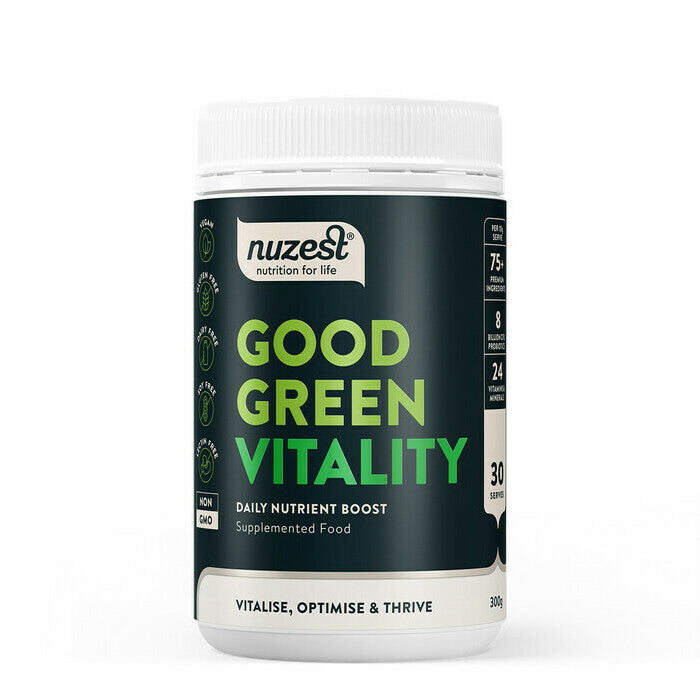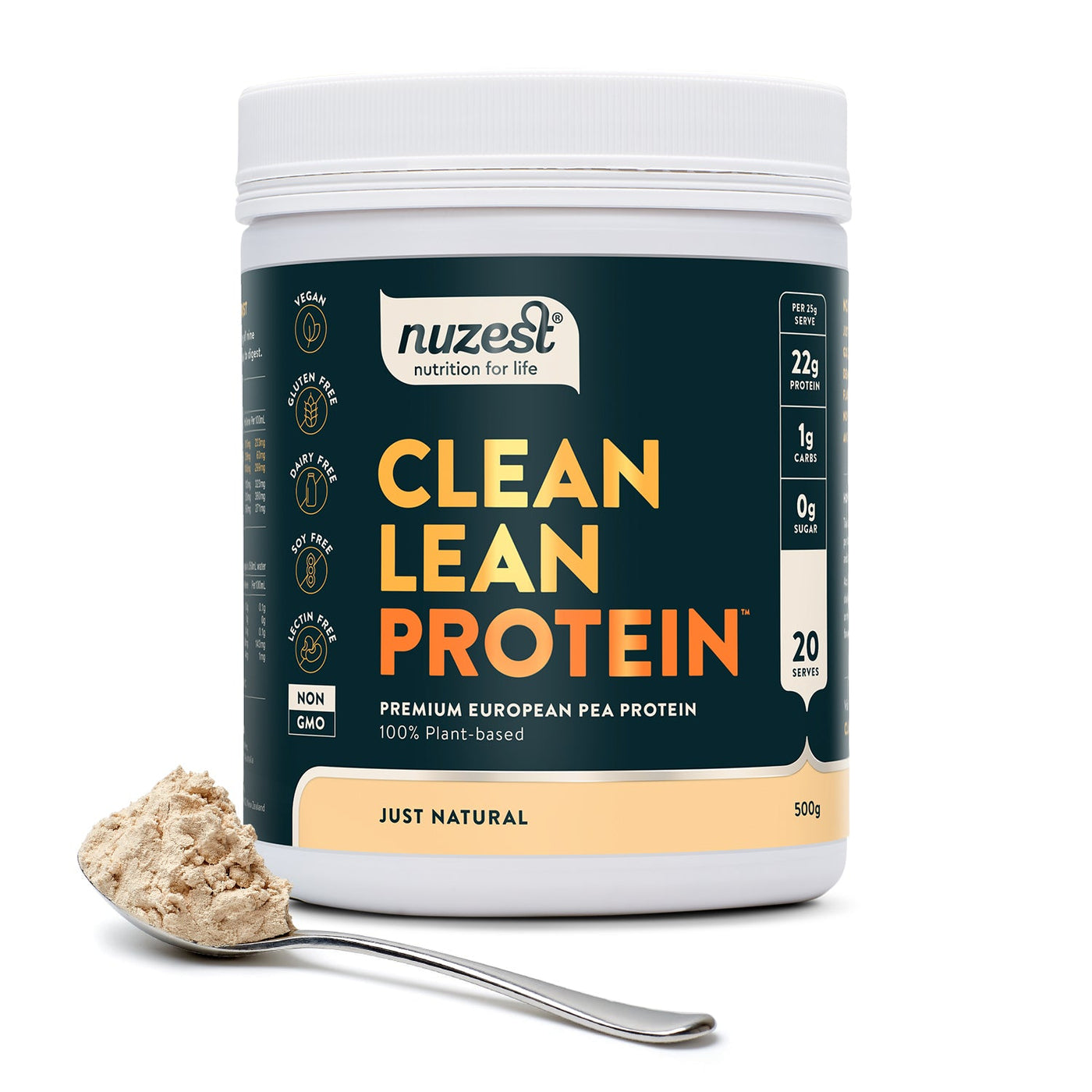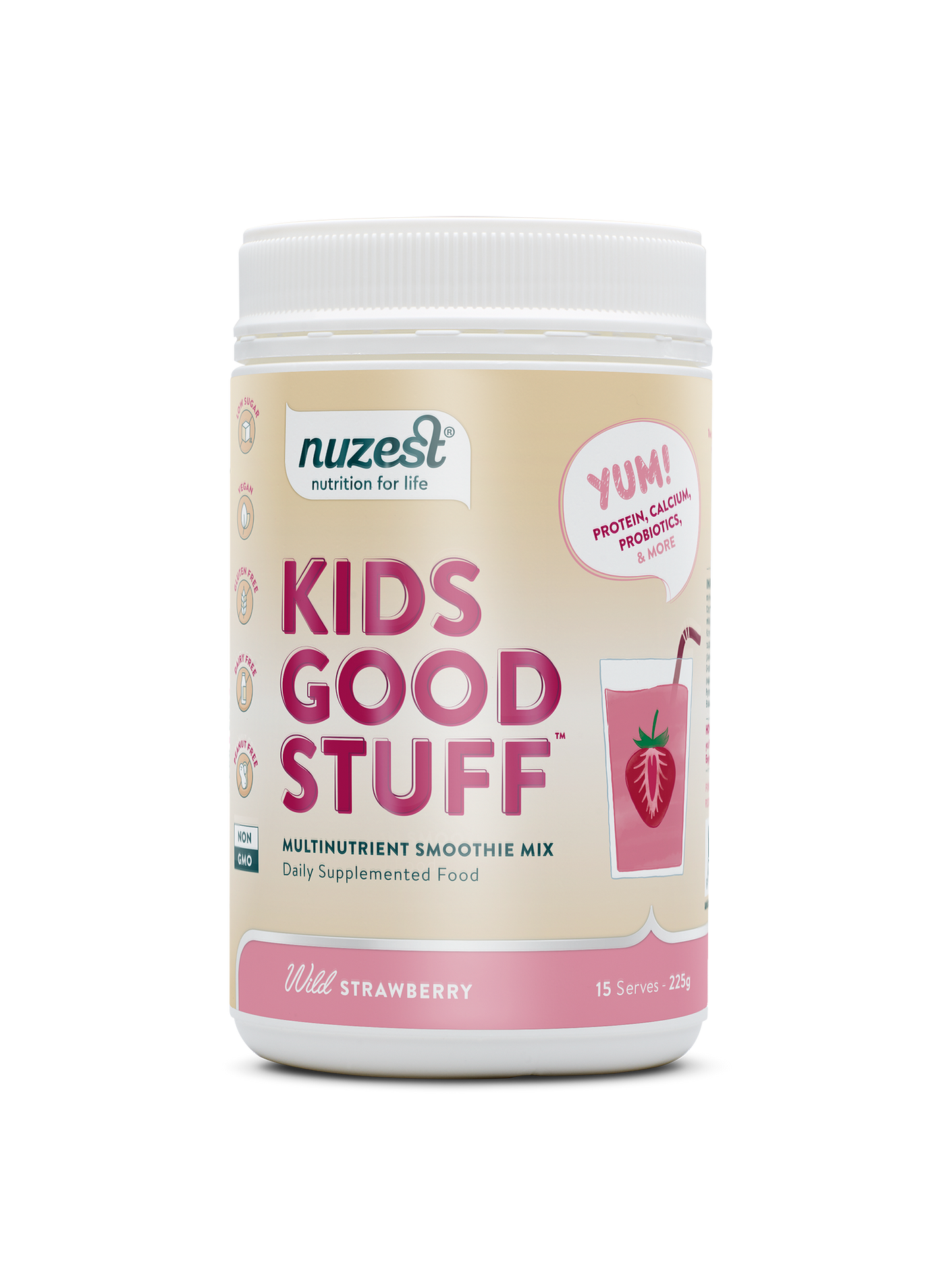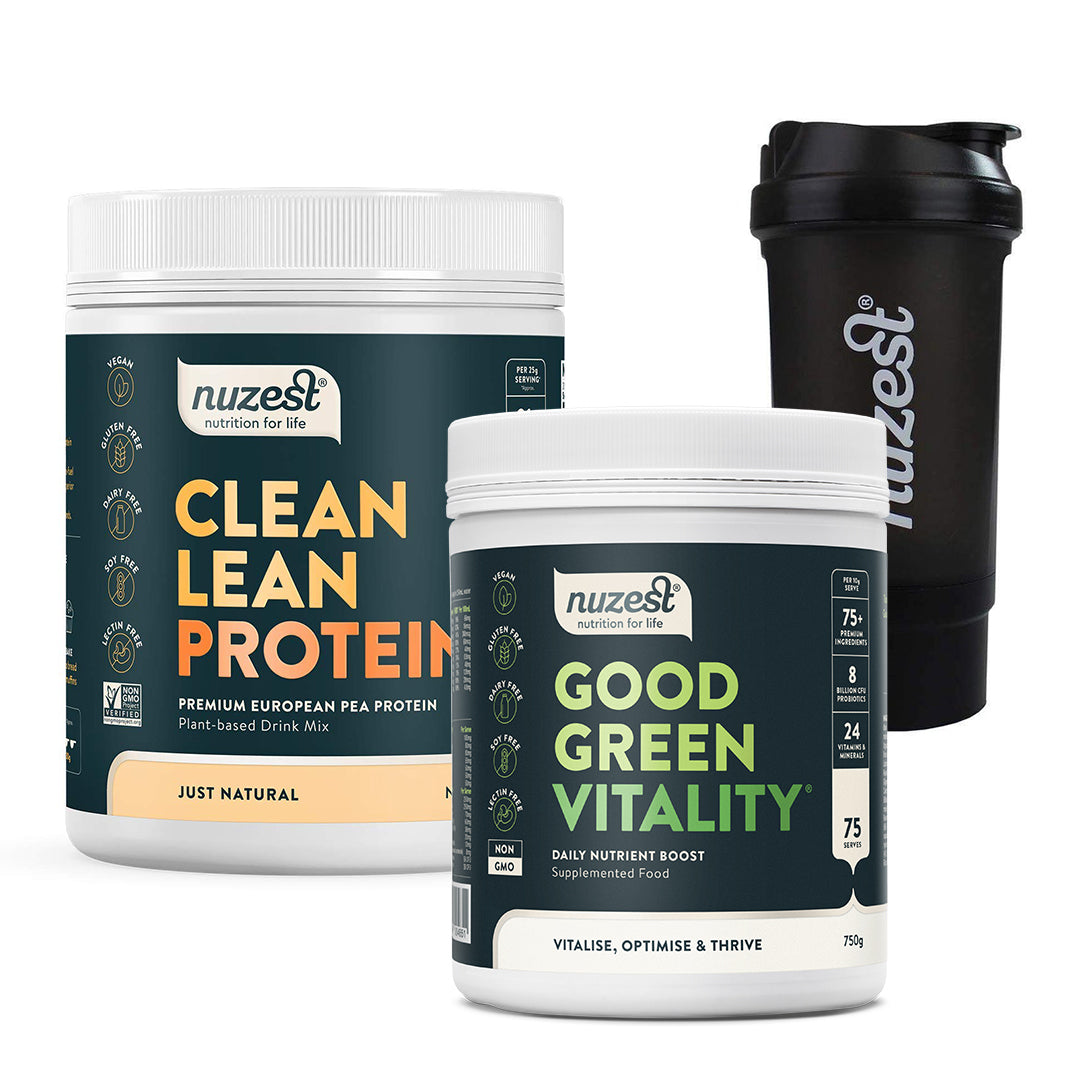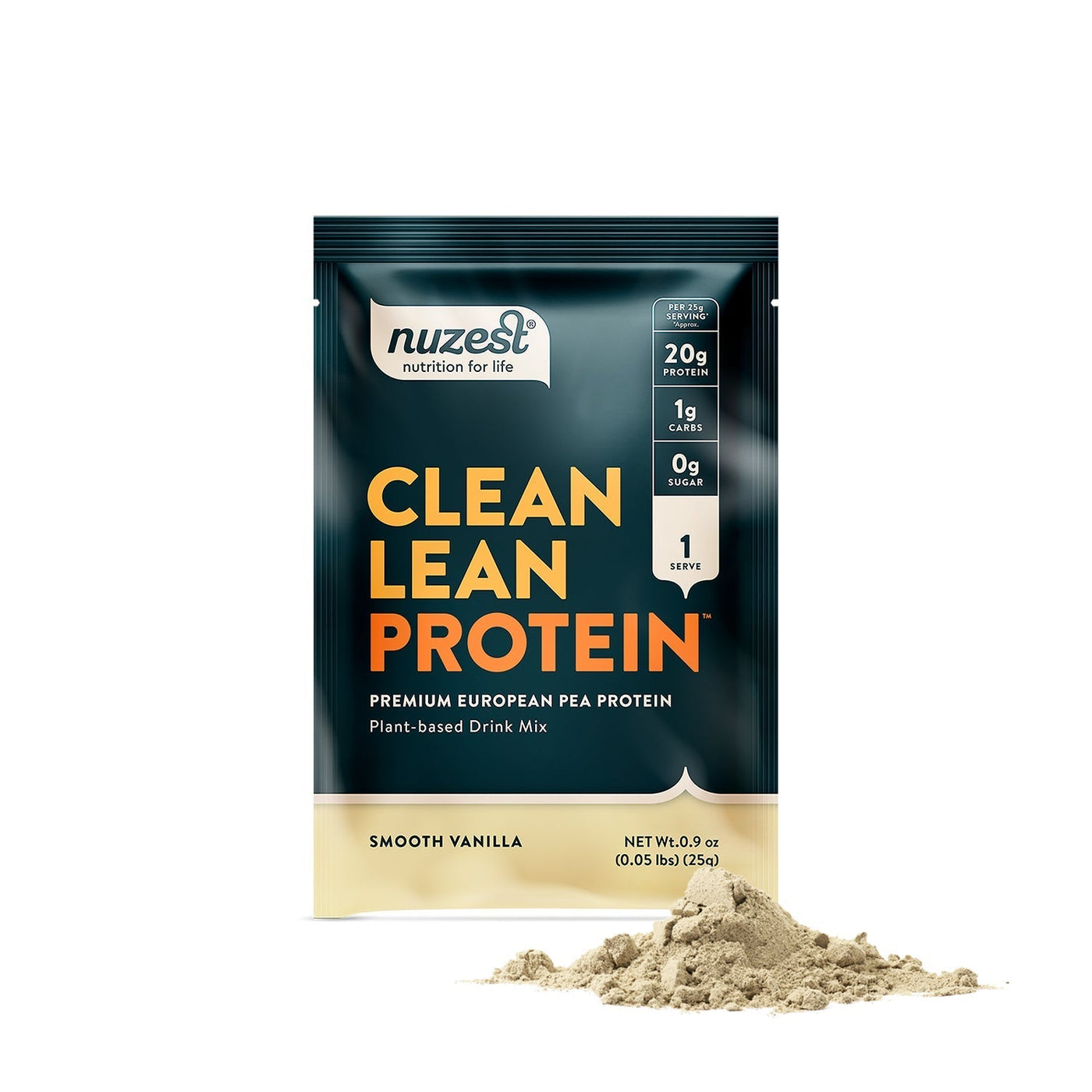GETTING STARTED WITH A GENTLE APPROACH TO NUTRITION

AUTHOR: MICHELLE YANDLE
HPN Certified Nutrition Coach and advisor
Nutrition has become a vast vortex of confusion, frustration, restriction, and guilt. We’ve lost the ability to truly tune into our unique bodies’ needs and cues and as a consequence are feeling overwhelmed and for many of us, we have simply lost the ‘joy of eating’.
However, nutrition is not black and white and it’s not complicated. When done correctly, it’s about loving and embracing not just yourself but all foods and about movement that makes you feel good rather than as a punishment.
Let’s start with some simple steps to getting started with taking care of your body in a way that feels through gentle nutrition.
Tune into your food and body cues. Sometimes by simply breaking the ‘highway hypnosis” of food, you can completely change your relationship with food and the amounts that you consume. When it comes to eating in a way that makes you feel good, awareness is key.
Putting it into action: One way of doing this is to practice pausing whenever you’re about to eat and ask yourself “Am I Hungry”? If so, eat mindfully and gratefully whenever you can. If you’re not hungry, this is a great time to ask yourself what it is that you actually need. Is it a nap? A drink of water? A hug from a friend? Truth is, if you’re not hungry in the first place, no amount of food will satisfy.
Eat mindfully. This doesn’t mean you have to chew your food 35 times per bite! Eating mindfully simply involves sitting at an actual table or bench, removing distractions and paying attention to the act of eating. By doing so, you’re better able to pay attention to hunger and fullness cues – and if you’re a foodie like me, you’re going to enjoy your meal that much more.
Putting it into action: Start with just one bite. Eat that first bite as mindfully as you can and notice the flavours, aromas, textures and everything else about that first bite.
Add-in! Everywhere you look there is someone telling you to quit this or that. Whether it be meat, salt, fat, or sugar it seems that there is always something out there you should ‘fear’ if you want to be well.
Truth is, there is no one food in isolation that can cause you harm (unless of course, you’re allergic or you get food poisoning!) and so gentle nutrition is not about what you feel you shouldn’t have but focusing on what you can add-in. Variety is the key to getting the nutrients your body needs, so experiment with new sources of protein, veggies, fruit, fats and carbohydrates. Look at opportunities to ‘add in’ rather than take away. One of the best things to add in to your day would be some Nuzest Good Green Vitality. With just that one addition you’re filling any nutritional gaps you might miss out on during the day.
Personally, I think there is a lot of value to the 80/20 or 90/10 way of eating. If you eat well most of the time and get a balance of nutrients – what you eat during that 20% really doesn’t matter.
Putting it into action: Experiment with one new food this week. Choose a vegetable, fruit, protein, carbohydrate, or healthy fat (olive oil, flax oil, coconut oil, macadamia oil, ghee etc) that you have never tried before and give it a go.
Practice compassion. Did you overdo it? Did you eat something that made you feel guilty? Turn that shame into compassion and respond to difficult situations with a spirit of kindness, warmth and love. Seek to learn from this situation and understand what triggered it rather than judging it harshly (which in itself can trigger unwanted eating). Time and time again compassion comes out as the ruling determinant when it comes to making a change that will last a lifetime.
Putting it into action: Next time you catch yourself beating yourself up for eating something you shouldn’t, imagine the advice you would give you best friend, mother or child in this situation. Speak to yourself with the same kindness you’d give them.
The information provided in this article is intended for educational purposes only and is general advice. It should not, nor is it intended to be, relied on as a substitute for individual medical advice or care. If the contents of this, or any other of the blogs in this series raises any concerns or questions regarding your health, please consult a qualified healthcare practitioner.
